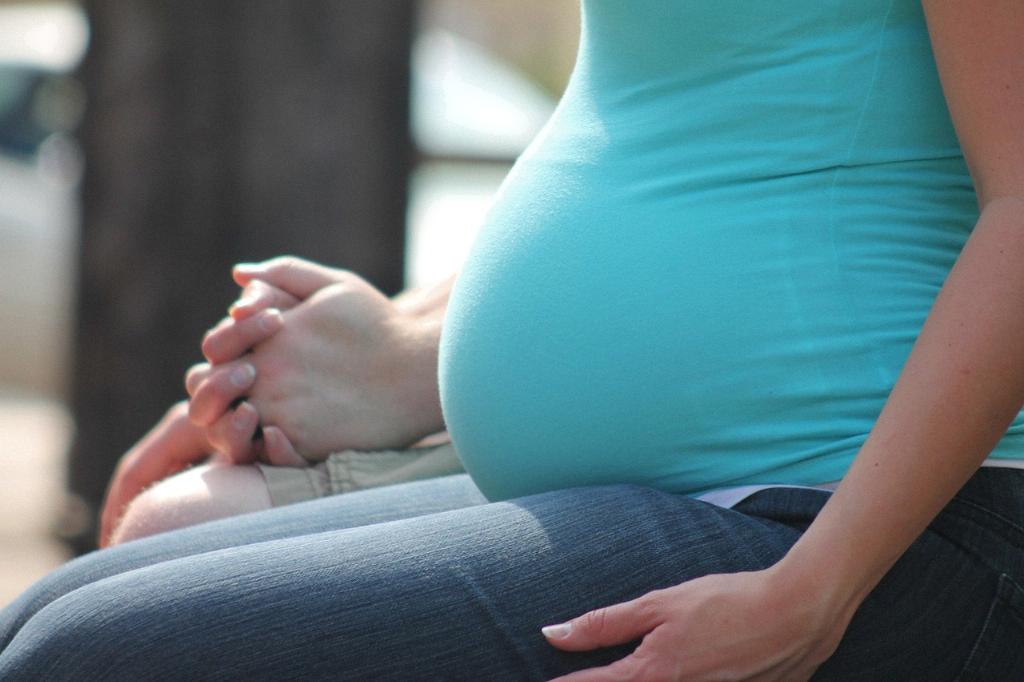Having confirmation of your pregnancy is an exciting and important step in your journey to motherhood. The timing of when you should get confirmation for pregnancy can vary depending on individual factors and circumstances. It is recommended to schedule your first prenatal appointment to confirm your pregnancy within 6 to 12 weeks after you’ve missed your period. This timeframe allows healthcare providers to perform necessary tests, screenings, and evaluations to ensure the health and well-being of both you and your baby.
However, there may be instances where the timing of the first prenatal visit for confirmation of pregnancy could be slightly earlier or later. Factors such as irregular menstrual cycles, fertility treatments, or specific health conditions may prompt you to seek confirmation of pregnancy sooner than the typical timeframe. Conversely, if you are unsure about your pregnancy status or have logistical challenges in scheduling an appointment, confirmation of pregnancy might be delayed past the 12-week mark.
Each woman’s body is unique, and every pregnancy is different. Some women may experience early signs and symptoms of pregnancy, prompting them to seek confirmation earlier, while others may have subtle or delayed symptoms that lead to a later confirmation. It’s essential to trust your intuition and consult with a healthcare provider to determine the most appropriate timing for confirming your pregnancy.
Confirming your pregnancy through a doctor’s visit is crucial for establishing prenatal care and monitoring the progress of your pregnancy. During the confirmation appointment, healthcare providers may conduct a variety of tests, such as urine or blood tests, ultrasounds, and physical examinations, to verify the presence of a developing embryo or fetus. These diagnostic measures not only confirm your pregnancy but also help assess the overall health of both you and your baby.
Early confirmation of pregnancy allows healthcare providers to offer essential guidance on lifestyle choices, prenatal vitamins, dietary recommendations, and potential risk factors to consider during pregnancy. It also provides an opportunity to address any concerns or questions you may have about the pregnancy process and prepare you for the upcoming months of prenatal care.
For women who are actively trying to conceive or have concerns about potential pregnancy, taking a home pregnancy test can provide an initial indication of pregnancy. While home tests can offer quick results, they may not always be as accurate as medical tests performed by healthcare professionals. It is advisable to follow up a positive home test with a confirmation appointment with your healthcare provider to ensure the accuracy of the results.
Seeking confirmation of pregnancy in a timely manner allows you to access essential prenatal care services, such as pregnancy counseling, prenatal vitamins, and screening tests, to promote a healthy pregnancy and delivery. Early detection of pregnancy also enables healthcare providers to identify any potential risks or complications early on and implement appropriate interventions to support a positive pregnancy outcome.
Timing is crucial when it comes to confirming your pregnancy and initiating prenatal care. By scheduling your first doctor’s visit within the recommended 6 to 12-week timeframe, you can ensure that you receive the necessary medical attention and support to guide you through the various stages of pregnancy. Remember that every pregnancy journey is unique, so trust your instincts and work closely with your healthcare team to navigate this exciting chapter in your life.

